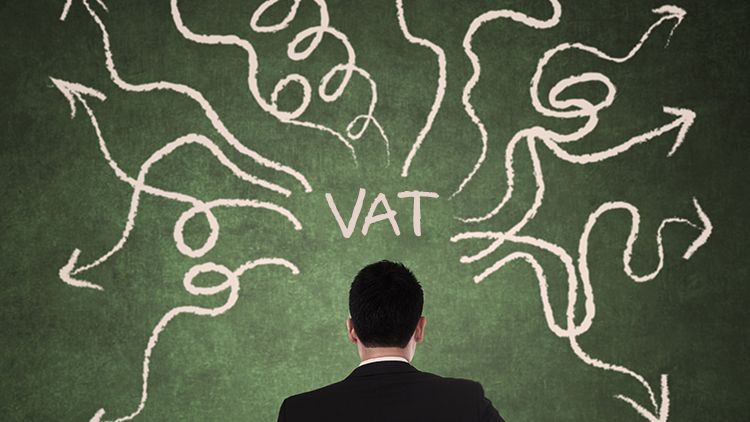by Unitedvat
Posted on Nov 27, 2017

VAT will be a new avenue of raising revenues for governments in the Gulf Cooperation Council (GCC).It is estimated that the UAE will generate more than Dh12 billion additional revenues in the first year after implementation of this new tax regime. GCC countries have decided to implement taxation as part of the governments' efforts to diversify revenues in the context of a sharp decline in oil prices. Since it's a general consumption tax, it will impact the consumer's daily life and even influence it to an extent. But are consumers ready for the changes? This proposition is still debatable as we come closer to the implementation of the new policy.
The UAE is introducing VAT from 1 January 2018 onwards and has now issued the Federal VAT Law establishing the domestic rules applying for VAT in the UAE. This adds to the Unified VAT Agreement for the Gulf Co-operation Council (GCC) signed by each of the Member States. VAT Executive Regulations are in the process of being approved and it is hoped they will be enacted and made public shortly.
VAT is a consumer-based tax on the supply of both goods and services and is designed so that only the ultimate consumer bears the burden. With the exception of exempt and zero-rated supplies of goods and services, VAT will be payable on consumer goods and services by everyone and, as such, will affect each person’s pocket to a greater or lesser extent. The principle of “the more you spend, the more VAT you will pay” applies.
Understanding the consumer is one of the most important aspect of the VAT effect. The most important question is whether the consumer is ready to pay an additional five percent to buy the product or the tax burden will be borne by the manufacturer or the service provider? The tourist is also a major factor here as there is still no clarity on VAT refund for tourists who are a vital part of the retail shopping industry.
The zero-rated treatment for healthcare, education and property development is unlikely to affect prices for these services and, therefore, businesses and customers in these sectors should not be impacted. The reduced mandatory VAT registration threshold and a low voluntary VAT registration threshold will enable many small and medium enterprises and start-up businesses to register and recover VAT.
While VAT is not imposed on and should not be a cost to businesses, ultimately the responsibility of accounting for VAT resides with them. There will be significant compliance costs for companies in ensuring that they collect and remit the tax to the UAE Ministry of Finance and otherwise comply with the reporting requirements Given that VAT will be introduced from 1 January 2018 in the UAE, businesses will be under pressure to get ready within a limited time. The challenges are compounded when you take into account that the VAT legislation will not be finalized and issued until later this year. However, the clarity provided by the UAE Ministry of Finance in the interim will help UAE businesses to prepare their people, vendors, customers, and systems even before the VAT law is issued.
As previously mentioned, each GCC member state has discretion over certain industry sectors when it comes to the application of VAT, namely education, healthcare, residential real estate, certain financial services, local transport and international travel.
Companies should not only consider including clauses in new contracts to address any VAT risks which were previously not relevant but existing long-term contracts, such as construction contracts, that straddle VAT implementation and agreements with automatically renewable terms should also be examined and potentially renegotiated. The lack of adequate protection in the agreements may have the unintended consequence of the suppliers bearing the VAT cost rather than the customers. Contracts with long payment terms should also be renegotiated to manage cash flow otherwise businesses will end up funding the VAT cost. Putting appropriate systems and measures in place is the key and will help to reduce compliance costs, maintain margins and minimize cash-flow issues.
As the VAT should ultimately be borne by the final consumer, it should have a neutral impact on most UAE businesses if the risk is properly managed. In practice, however, the ability of suppliers to shift the VAT burden to customers will be a matter of commercial negotiation. Companies will have to decide whether to bear the burden of the VAT cost or pass on the cost to customers. It will be a difficult balancing act between maintaining margins and risk low revenue due to reduced customer demand and so some businesses are likely to or will be forced to absorb a share of the VAT cost to remain competitive. Companies that make exempt supplies, such as financial institutions, will suffer an absolute cost unless the VAT cost is passed on to customers because they will not be able to recover the VAT on their purchases.


